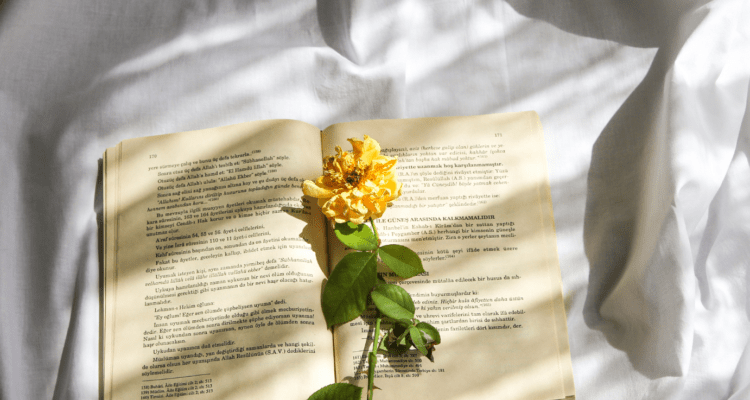Featured Poem: Clair de lune by Paul Verlaine

Today is the 165th Birthday of French poet Paul Verlaine (1844 - 1896).
Deeply influenced as a teenager by reading Baudelaire's Les Fleurs du mal (The Flowers of Evil, 1857), Verlaine went on to become one of the leaders of the Symbolist movement and a key figure in Paris's vibrantly decadent fin de siècle cultural scene.
'Clair de lune' ('Moonlight') is from Verlaine's early collection Fêtes galantes (Gallant Parties, 1869). It is presented here in the original French with a simple English translation below. Any inaccuracy or inelegance is my own. (Note: a "bergamasque", or "bergamask", is a rustic dance originating in Bergamo, Italy. Apparently.)
Clair de lune
Votre âme est un paysage choisi
Que vont charmant masques et bergamasques
Jouant du luth et dansant et quasi
Tristes sous leurs déguisements fantasques.
Tout en chantant sur le mode mineur
L'amour vainqueur et la vie opportune,
Ils n'ont pas l'air de croire à leur bonheur
Et leur chanson se mêle au clair de lune,
Au calme clair de lune triste et beau,
Qui fait rêver les oiseaux dans les arbres
Et sangloter d'extase les jets d'eau,
Les grands jets d'eau sveltes parmi les marbres.
Moonlight
Your soul is a select landscape
Where charming masqueraders and bergamaskers go
Playing the lute and dancing and almost
Sad beneath their fantastic disguises.
All sing in a minor key
Of victorious love and the opportune life,
They do not seem to believe in their happiness
And their song mingles with the moonlight,
With the still moonlight, sad and beautiful,
That sets the birds dreaming in the trees
And the fountains sobbing in ecstasy,
The tall slender fountains among marble statues.
Paul Verlaine, 1869
Reacting against realism and rhetoric, the Symbolists tried instead to evoke a mood, an essence, an Ideal. Just as the Moon takes its light from the Sun, they sought to illuminate seemingly inaccessible subjects indirectly, by creating reflections. Here we have masks and dancing, fantastic disguises, fountains sobbing in ecstasy, moonlight: a swirl of suggestive images that speaks volumes about the human soul without really saying anything. Rather like music, in fact. Both Ravel and Fauré composed pieces based on Verlaine's poetry, and this poem inspired Claude Debussy to write his own 'Clair de lune', the third movement of his Suite bergamasque and the work for which he is now most famous. (A wonderful performance by David Oistrakh and Frida Bauer can be found here. "Sad and beautiful" doesn't even get close.)
Have a good Monday! Or if you prefer, lundi. Either way, it means the same thing: "Day of the Moon".
Posted by Mark Till
Share
Related Articles

Ranked: The Novels of Jane Austen
2025 marks the 250th anniversary of Jane Austen's birth and it's got us thinking about what an incredible legacy she…

March’s Stories and Poems
With spring on its way, the world around us is beginning to fill up with new wonders. This month, we…

Liverpool ONE unveils book corners in partnership with The Reader to help boost literacy across the city
Liverpool ONE has unveiled a collection of ‘reading corners’ in a bid to help boost literacy levels among local people.…


